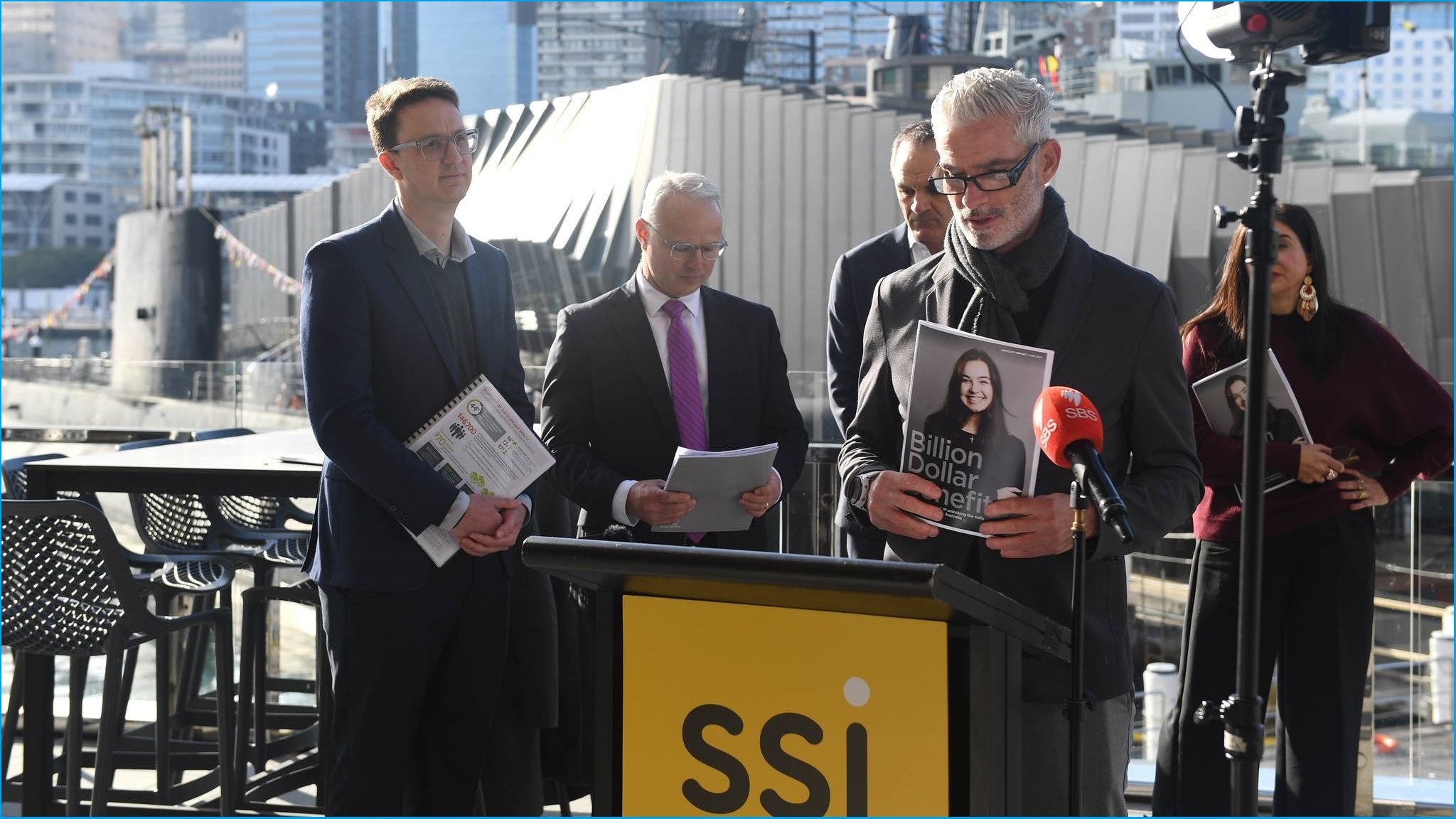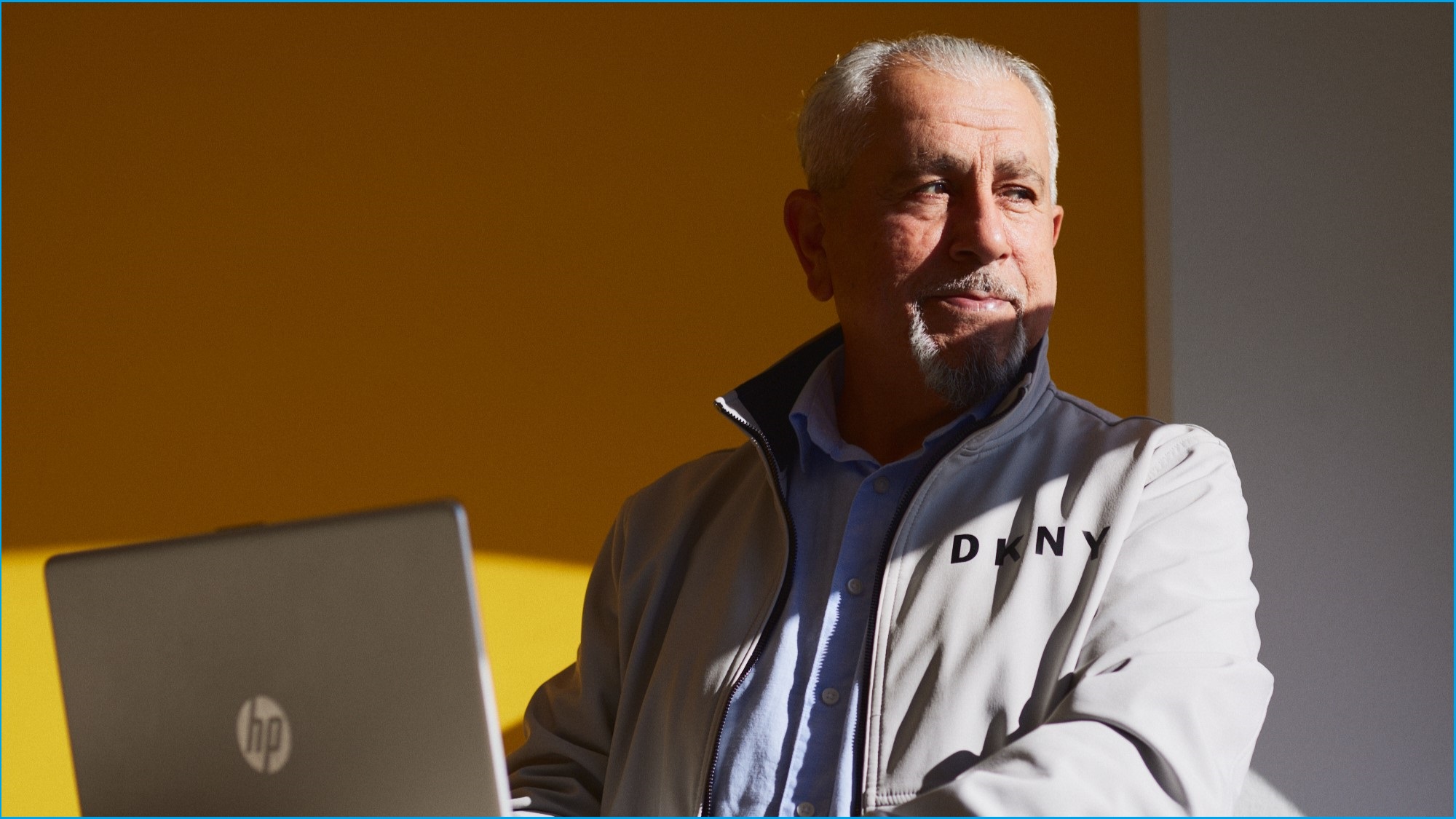The federal government is looking to unlock the full potential of migrant workers with new skills assessments, as it looks to boost the economy by up to $70 billion over the next decade.
In a speech to Settlement Services International’s (SSI) Refugee and Migrant Jobs and Skills Summit in Sydney last week, Minister for Skills and Training Brendan O’Connor outlined his aim to allow migrant workers in Australia to use their in-demand skills to benefit themselves and the economy.
It comes as new research has identified a $70 billion opportunity over the next decade if migrant workers are able to work in jobs that match their skills.
In the speech, O’Connor said skilled migrant workers will be key to helping to realise the government’s Future Made in Australia scheme, the transition to a net-zero economy, and the construction of much-needed new homes.
But he said issues with these people getting their skills obtained overseas recognised in Australia is holding this mission back.
“We have migrants here on visas who have skills we desperately need but can’t access because they can’t get them recognised,” O’Connor said last week.
“That means many migrants are working in jobs well below their skill level.
"This is clearly a waste.”
Huge economic opportunity
New research conducted by Deloitte and commissioned by SSI found more than 620,000 migrant workers in Australia weren’t able to fully use their obtained skills.
It found that migrants on average had higher qualifications than Australian-born workers, but nearly 45 per cent of migrants and refugees were working below their skill level.
The research claims there is an economic benefit of $70 billion over 10 years on offer if these permanent migrants can work in jobs that match their skills at the same rate as their Australian-born counterparts, with 51,000 full-time jobs added.
The SSI report quoted AbdAlmassih, a refugee from Syria who has struggled to find an entry-level tech job in Australia despite having an extensive career in the sector overseas.
“Many IT employers won’t acknowledge a degree from overseas, thinking it’s not strong enough,” AbdAlmassih said.
“Even unpaid volunteering roles in the industry are turning me down. I don’t understand. I have 20 years’ experience in my field. I apply to many jobs, yet I never receive any response.”

Human rights advocate and ex-Socceroo Craig Foster helped launch the SSI report. Photo: SSI / Facebook
The federal government is looking to capitalise on this opportunity by simplifying the skills assessment process in Australia, to assist migrants in getting their skills and qualifications recognised locally, O’Connor said.
“Our new standards for skills assessing authorities will help address this and improve outcomes for migrants, employers and the economy,” he said.
“Currently, migrants looking to have a skills assessment to support a visa application go through a long and expensive assessment. Our changes will provide potential migrants from countries with similar qualifications with access to a faster, cheaper and evidence-based assessment.”
This will start in the construction industry, with the May federal budget allocating $1.8 million over two years for the streamlining of skills assessments for migrants from comparable countries looking to work in the housing construction industry.
“We know that we can’t achieve our goals without the necessary highly skilled workforce,” O’Connor said.
“We need to work to attract migrants with in-demand skills and support them when they arrive here.”
Filling tech skills gaps
Josh Griggs, the CEO of ACS (Australian Computer Society) which publishes Information Age, said Australia needed 60,000 skilled IT workers every year to remain competitive globally, and welcomed any efforts to unlock existing skills in migrant workers.
“By unlocking the skills and pathways for the underemployed, Australia could boost the country’s annual GDP by $9 billion, enhancing our national productivity and global competitiveness,” Griggs said.
“ACS is an advocate for the Billion Dollar Benefit and is committed to supporting tech pathways, bridging programs and industry engagement that unlocks the untapped potential of skilled refugees and migrants.
“By recognising and leveraging diverse tech talent through inclusive hiring practices, companies can address IT and data science skills gaps while fostering innovation and growth.”
The recent federal budget also scrapped the existing tech and talent migration programs and replaced them with a new National Innovation Visa, along with a goal that 70 per cent of permanent migration places be set aside for skilled workers.
The government has also committed to a seven-day processing time for applicants to the specialist skills pathway within the Skills in Demand visa for those earning at least $135,000.










